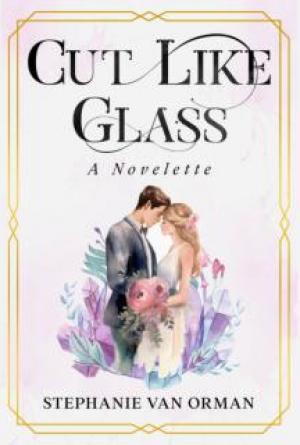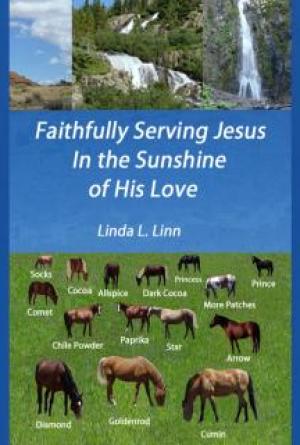BY THE SAME AUTHOR
THE SHEEP-STEALERS
In one Vol. Crown 8vo. Price 6s.
Some Press Opinions
The Times: ‘Every taster of fiction knows that the most probable of the possibilities hidden between the covers of a first novel is disappointment. Hence the danger of hailing the occasional exception as the achievement of genius. And yet it is possible to be grateful for a piece of good work without comparing its creator to the giants of the past, or prating about the finest novel of the century. Of “The Sheep-stealers” it will be sufficient to say that it is a good piece of work. The book is so well planned that every incident fits naturally into its place, and helps to form a harmonious and inevitable whole. Miss Jacob possesses a strong power of realistic description; her pen has a life-giving knack of rendering sounds as well as scenes, and she is not without touches of dry humour.’
Punch: ‘“The Sheep-stealers” breaks fresh ground, and Violet Jacob tills it with exceeding vigour and success. The work is admirably done, adding fresh zest to the palled appetite of the wayworn novel reader.’
The Spectator: ‘The emergence of a book so fresh, so original, and so wholesome as “The Sheep-stealers” is peculiarly welcome at a time when we are bidden to believe that all normal and native themes are exhausted. We have been surfeited of late with the novel of “smart” society. As an alternative to these lavishly upholstered chronicles of corruption in high life we can cordially recommend Miss Jacob’s powerful and engrossing romance of Herefordshire and Brecknock in the early “forties.” It deserves to rank along with “The House with the Green Shutters” in the limited category of those tales of the countryside in which there is nothing provincial, particularist, or parochial. Like all stories that deal faithfully with rural life in a remote and unfrequented neighbourhood, it is somewhat sombre in tone; but it is free from the crushing pessimism of the novels of Mr. Hardy, the writer to whom on his best and most poetic side Miss Jacob is most closely related. The portraiture of the principal characters is quite in keeping with the remote, unsophisticated surroundings. All are intensely and primitively human in their passions and virtues. We have seldom read a book in which a lowly theme was treated with a happier mixture of romance and realism. Indeed, few novelists of recent years have set themselves so high a standard in their initial effort as Miss Jacob, whose work is singularly free from the faults of a novice. Her style is excellent—lucid, natural, unaffected—her energy is under control; she understands the art of self-effacement, of omission, of reticence, and she is as successful in dealing with her gentle as with her simple characters. So remarkable an achievement indicates patient preparation, and affords an excellent guarantee that the author will not be beguiled by her immediate success into the adoption of those methods which degrade creation into manufacture.’
The Scotsman: Miss Jacob has infused into her story some of that rare topographical and atmospheric charm which is to be found in such books as Stevenson’s “Catriona” or Hardy’s “Far from the Madding Crowd.” “The Sheep-stealers” is a delightful book, a story interesting throughout, well conceived, admirably sustained, and in parts very finely written.’
The St. James’s Gazette: ‘Good work, careful and delicate, with touches of passion and of humour.’
The Daily Telegraph: ‘The name of the authoress of “The Sheep-stealers” is unfamiliar, but it will unquestionably be heard of again. If this is Miss Violet Jacob’s first essay in fiction, she is to be congratulated most warmly upon a very powerful piece of work. Her characters stand out clearly and sharply, and the local colour is as vivid as it is in “Lorna Doone” or “The Return of the Native.” Her originality of theme and treatment is unmistakable. “The Sheep-stealers” is a very good novel: it only just misses being a great novel.’
The Field: ‘A close, sympathetic, and thoroughly sensible study of rural life in the early nineteenth-century days. It is an admirably constructed story.’
The Morning Post: ‘The author knows her country and its inhabitants by heart. Neither she nor Mr. Hardy need blush because their relationship in letters cannot be overlooked. Both the people of the valley and the hill people who live and love and die in the fascination of the gigantic hill are creatures of reasonable flesh and blood—creatures as real as any to be found in the shadow-haunted granges of Wessex.’
LONDON: WILLIAM HEINEMANN, 21 BEDFORD STREET, W.C.







